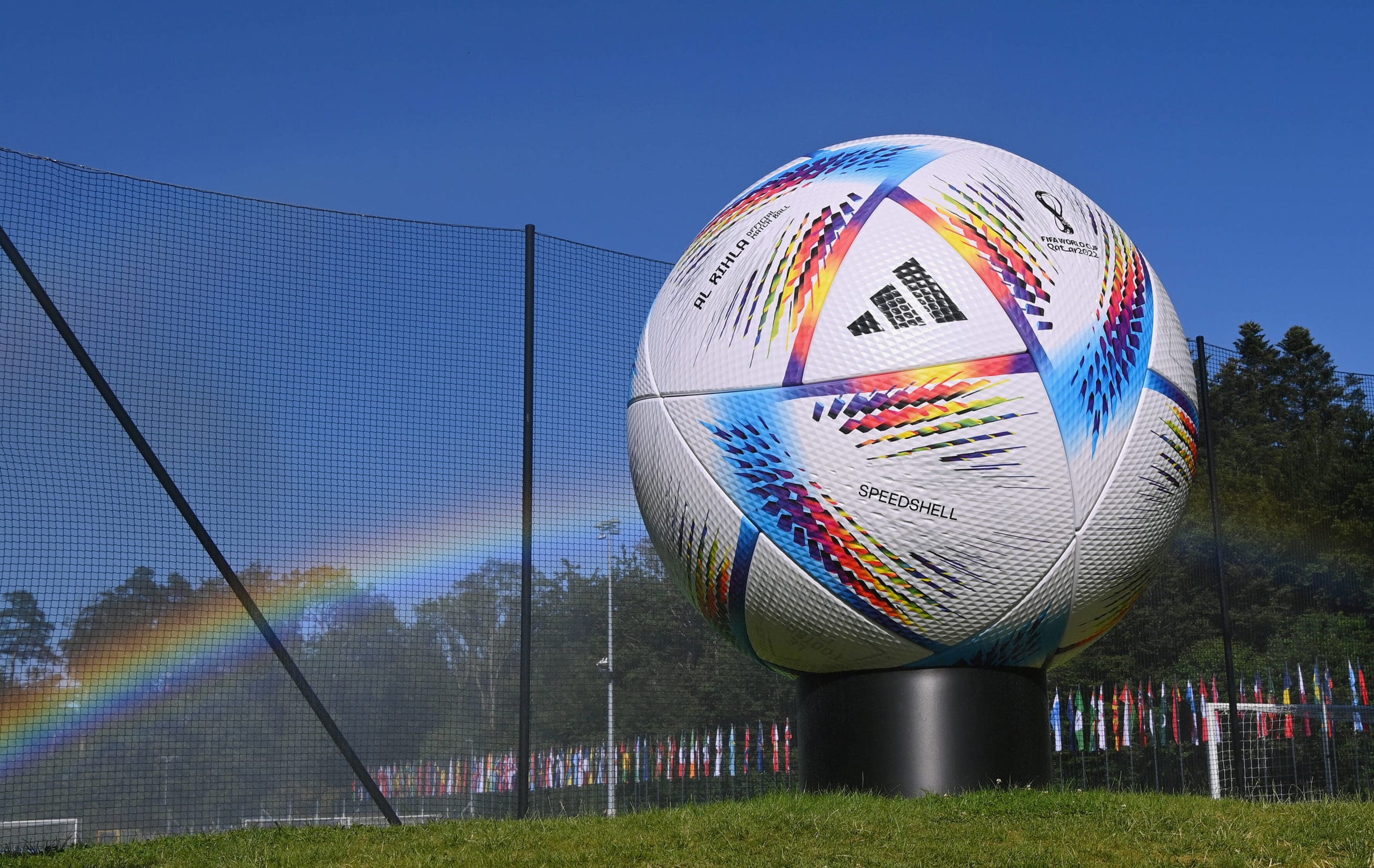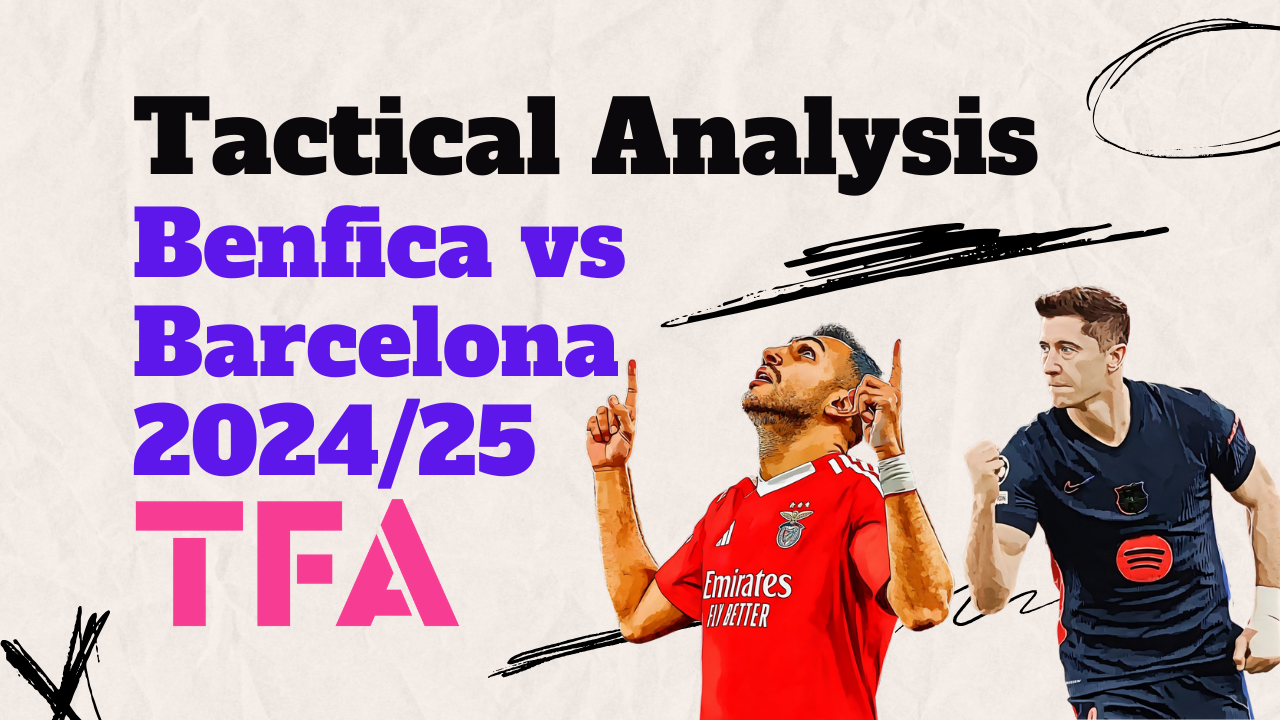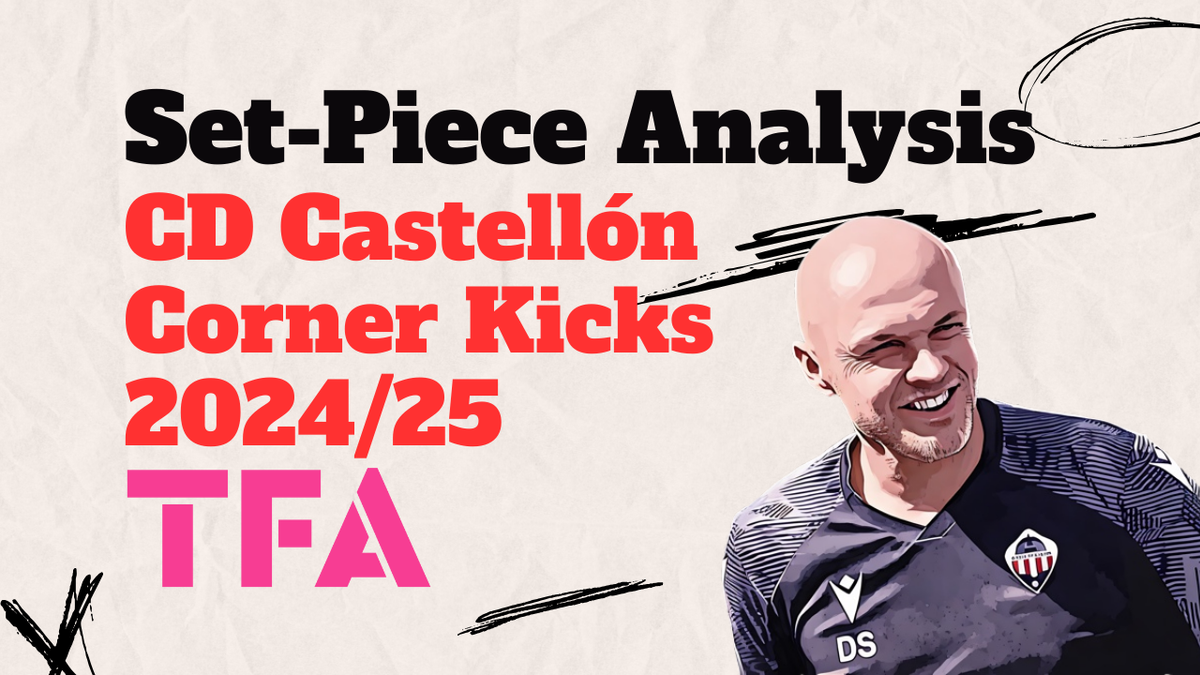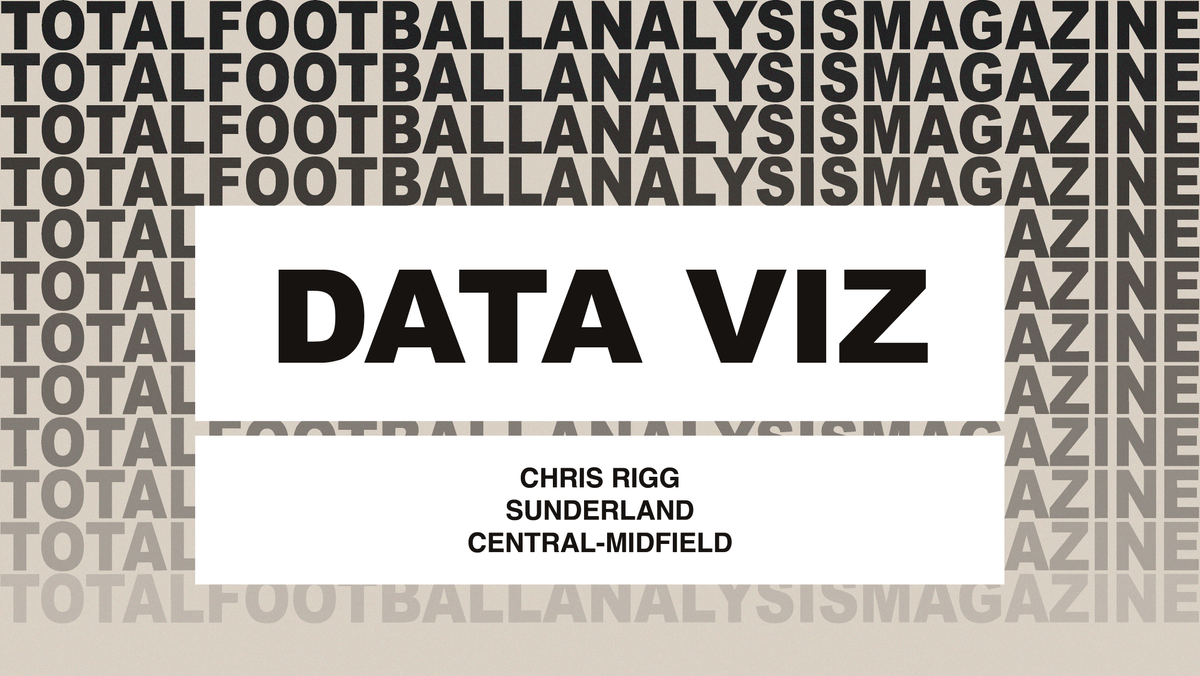FC Barcelona has enjoyed an exceptional season domestically, yet in European competition, they look like a completely different outfit. They have a comfortable lead at the top of La Liga and the title race looks all but over with Real Madrid unlikely to keep up with a UEFA Champions League campaign to manage. It is set to be a historical season for the Catalan club regardless, but what are the reasons for Xavi’s failure to reach the latter stages of Europe again?
Differences in intensity between La Liga and Europe
Barca has the highest possession percentage in La Liga across the season with around 67%. Many teams in Spain deploy a low-block defence against Barcelona which provides little issue considering the abundance of creative profiles Xavi has at his disposal. In Europe, they are not afforded that level of respect, which Manchester United showed in a game of chaotic transitions in the Europa League play-off round. In the football betting United are now the favourites to win the Europa League at 11/8 and Barca certainly was not handed the most favourable draw.
The difference in intensity between La Liga and European competition. Even Barca’s biggest competitive rivals Real Madrid and Atletico Madrid often set up defensively against Xavi’s side. Meanwhile, in Europe, teams are prepared to take risks and play high-intensity football; with high defensive lines, relentless counter-pressing and lightning transitions the European stage is a totally different proposition for Xavi’s Barcelona.
Historically, teams have struggled in European knockout competition while excelling in league football and vice versa. Xavi has time to work with his squad and adapt his approach to European competition in future seasons in order to change the narrative.
Xavi’s record with FC Barcelona in Europe:
4 wins.
6 losses.
6 draws. pic.twitter.com/uGeReHBbHJ
— Managing Barça (@ManagingBarca) February 23, 2023
What Barca can learn from the United tie
Barcelona cannot turn up to European away ties with the intent of playing out a low-tempo contest where they opt for slow transitions while they carve out the perfect opportunity. European ties are often divided by tight margins, and teams that play direct football and take risks can often reap the rewards. Barcelona has a number of ideal profiles to play a quick transitional style of play; Robert Lewandowski is one of the greatest players in Europe. He is a complete centre-forward that can hold the ball up on counter-attacking opportunities and bring others into play.
The likes of Raphinha offer excellent pace and dribbling ability but Barca needs to play with more directness on the European stage in order to pick them out more often. Xavi often prefers his team to offer strong ball security instead of taking risks from deep when in possession. In the away tie against United, Barca almost played with fear of losing possession and rarely picked out the forward players.
When emulating their La Liga approach in Europe, Xavi’s Barcelona received catastrophic consequences. In the Europa League, their philosophy of playing short, frequent passes cost them greatly. Barca was insistent on maintaining their typical style which led to United pressing them regularly and picking them off in dangerous areas.
Instead, they could deploy a more direct style; reward does not often arrive without taking risks in Europe. Barcelona could play quickly with long balls to the wide men who could create more chances for the likes of Lewandowski. On the night Barca dominated the possession stats yet Erik Ten Hag’s side had double the attempts on goal – 12 efforts to six. Barcelona was not proactive with their possession and Xavi’s reluctance to alter his approach cost them their place in Europe.
Robert. Lewandowski. pic.twitter.com/zTL2VMQTS8
— FC Barcelona (@FCBarcelona) March 12, 2023
In European ties, there are just 180 minutes compared to thousands of minutes over a league campaign. Those 180 minutes are often against some of the leading players across Europe. In league fixtures possession of the ball may signal control for Barcelona, however, in Europe, this is a much different story. Possession in certain areas can be dangerous in European competition. Many teams thrive mainly off pressing opportunities – committing numbers forward in order to win the ball high up the pitch.
Barca have the intensity and desire off the ball, they are desperate to win possession when not in control of it. Developing this intensity on the ball and taking more risks will create opportunities – a potential goalscoring opportunity is much greater than maintaining possession in deep areas. Possession for possession’s sake must be abandoned as Barca have little to show for the dominance of the ball in European competition under Xavi.






Comments